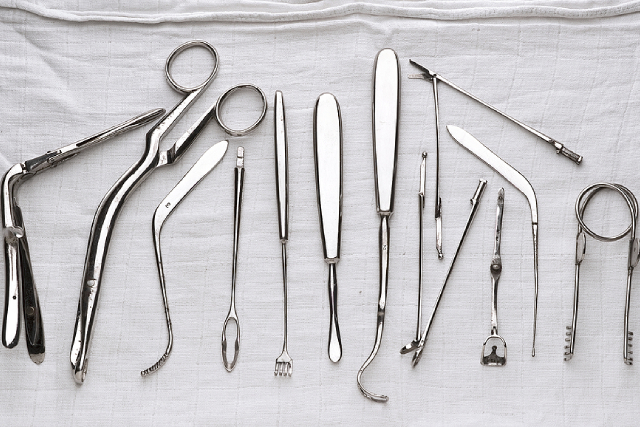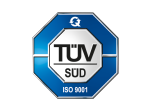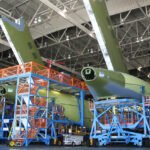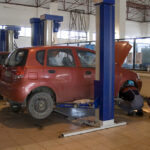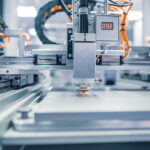In the ever-evolving landscape of medical technology, precision and reliability are paramount. As the demands for complex medical devices and instruments continue to grow, so does the need for manufacturing processes that can meet these exacting standards. One such process that has become indispensable in the medical industry is Computer Numerical Control (CNC) machining. This article delves into the crucial role that CNC machining plays in shaping the future of healthcare.
Understanding CNC Machining
CNC machining is a manufacturing process that utilizes computer-controlled machinery to create precise and intricate parts from various materials such as metals, plastics, and ceramics. Unlike conventional machining methods that require manual operation, CNC machining automates the production process, resulting in greater accuracy, consistency, and efficiency.
CNC machining processes include CNC turning, milling, drilling, and grinding.
Applications in the Medical Industry
The medical industry presents unique challenges that demand the highest levels of precision and quality assurance. From surgical instruments to prosthetic implants, the need for reliable and meticulously crafted components is non-negotiable. CNC machining meets these demands and has found widespread application across various areas of healthcare:
1. Prototyping and R&D
In the development of new medical devices and equipment, rapid prototyping is essential for testing and refinement. CNC machining enables the quick and cost-effective production of prototype parts with the exact specifications required for testing. This iterative process allows medical device manufacturers to fine-tune their designs before moving into full-scale production, ultimately leading to safer and more effective products.
2. Surgical Instruments
Precision is paramount in surgical procedures, where even the slightest deviation can have significant consequences. CNC machining ensures the consistent fabrication of surgical instruments with intricate geometries and tight tolerances. From scalpels to forceps, these instruments are meticulously crafted to meet the exacting standards of surgeons, enhancing procedural efficiency and patient outcomes.
3. Implantable Devices
Implantable medical devices, such as pacemakers, joint replacements, and dental implants, require unparalleled precision and biocompatibility. CNC machining enables the production of custom implants tailored to the unique anatomical requirements of each patient.
4. Prosthetics and Orthotics
Advancements in CNC machining have revolutionized the field of prosthetics and orthotics, allowing for the creation of highly customized devices that restore mobility and improve the quality of life for patients. By leveraging digital scanning and CAD/CAM technology, prosthetists and orthotists can utilize patient-specific data to design and fabricate prosthetic limbs and orthotic braces that are tailored to the individual’s anatomy and functional needs.
Advantages of CNC Machining in the Medical Industry
The adoption of CNC machining in the medical industry offers several distinct advantages:
1. Precision and Accuracy
CNC machining delivers unparalleled levels of precision, ensuring that each component meets the exact specifications required for medical applications. This precision is essential for achieving optimal functionality and compatibility with other medical devices and tissues.
This precision is important for all healthcare practitioners, especially surgeons who require extremely precise and reliable instruments to complete the necessary procedures.
2. Consistency and Reproducibility
With CNC machining, the manufacturing process is highly repeatable, producing identical parts with minimal variation. This consistency is crucial for the mass production of medical devices and ensures that each unit meets the same high standards of quality and performance.
3. Customization and Complexity
One of the most significant advantages of CNC machining is its ability to produce highly customized and complex components. In the medical field, where patient anatomy and requirements vary widely, this capability allows for the creation of tailored solutions that address individual needs with precision and efficiency.
4. Cost-Effectiveness
While the initial investment in CNC machining technology may be substantial, the long-term benefits in terms of efficiency, quality, and reduced scrap make it a cost-effective solution for medical device manufacturing. By streamlining production processes and minimizing material waste, CNC machining helps manufacturers optimize their operations and remain competitive in the market.
It is ideal for both large productions and for creating one-off pieces.
Future Outlook
As technology continues to advance, the role of CNC machining in the medical industry is poised to expand further. Innovations such as multi-axis machining, additive manufacturing (3D printing), and real-time quality monitoring are pushing the boundaries of what is possible in terms of precision, customization, and efficiency.
Furthermore, the integration of artificial intelligence (AI) and machine learning algorithms promises to enhance the capabilities of CNC machining even further. By leveraging AI-driven optimization techniques, manufacturers can optimize toolpaths, minimize machining time, and reduce energy consumption, leading to further improvements in productivity and sustainability.
Conclusion
CNC machining has emerged as a cornerstone of the modern medical industry, playing a crucial role in the design and manufacture of a wide range of medical devices and instruments. Its ability to deliver precision, consistency, and customization makes it indispensable in the quest for safer, more effective healthcare solutions. As technology continues to evolve, CNC machining will remain at the forefront of innovation, driving progress and shaping the future of medicine.
If you’re looking for reliable CNC machining services, contact Monster Builder. We also offer 3D printing and sheet metal fabrication services.

